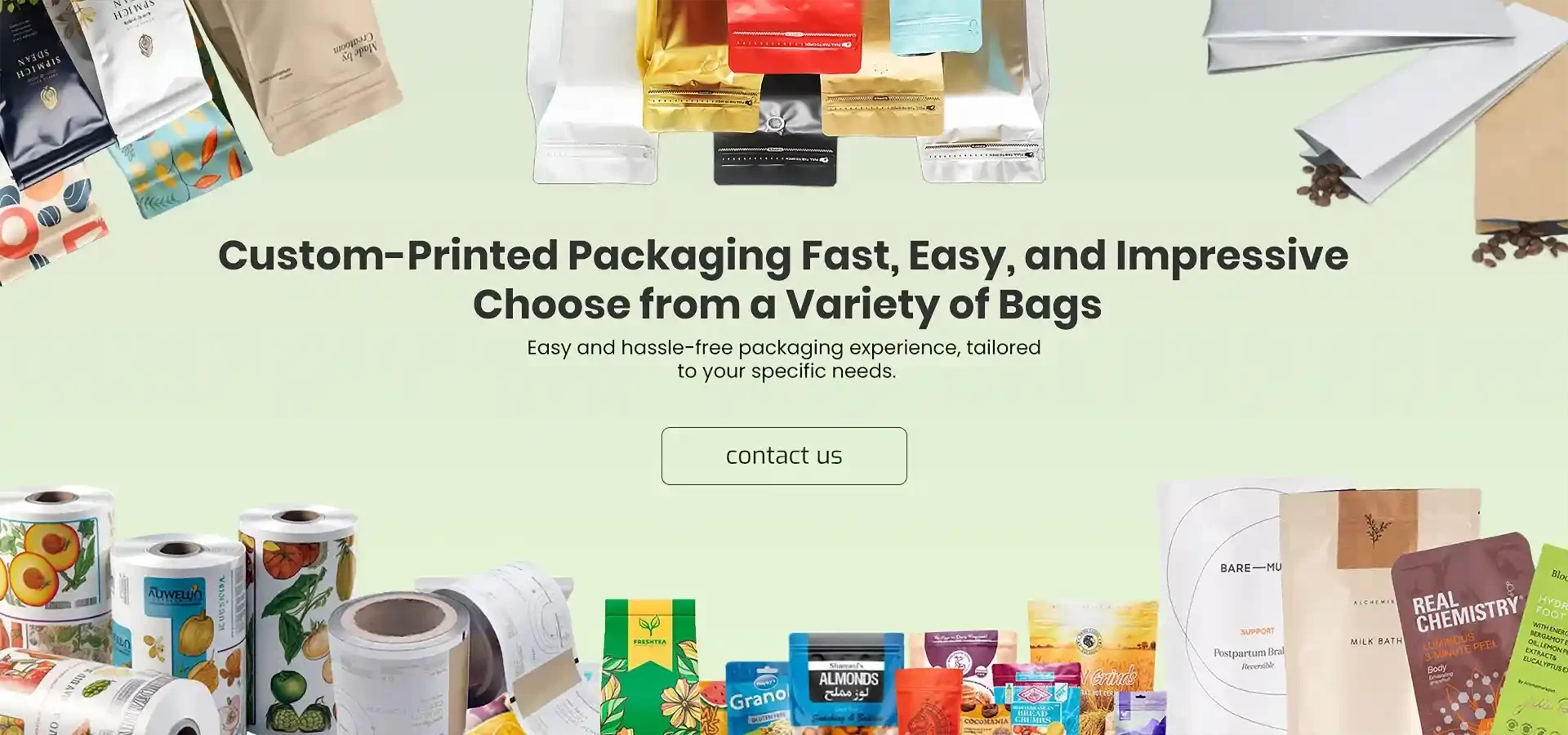- Afrikaans
- Albanian
- Amharic
- Arabic
- Armenian
- Azerbaijani
- Basque
- Belarusian
- Bengali
- Bosnian
- Bulgarian
- Catalan
- Cebuano
- chinese_simplified
- chinese_traditional
- Corsican
- Croatian
- Czech
- Danish
- Dutch
- English
- Esperanto
- Estonian
- Finnish
- French
- Frisian
- Galician
- Georgian
- German
- Greek
- Gujarati
- haitian_creole
- hausa
- hawaiian
- Hebrew
- Hindi
- Miao
- Hungarian
- Icelandic
- igbo
- Indonesian
- irish
- Italian
- Japanese
- Javanese
- Kannada
- kazakh
- Khmer
- Rwandese
- Korean
- Kurdish
- Kyrgyz
- Lao
- Latin
- Latvian
- Lithuanian
- Luxembourgish
- Macedonian
- Malgashi
- Malay
- Malayalam
- Maltese
- Maori
- Marathi
- Mongolian
- Myanmar
- Nepali
- Norwegian
- Norwegian
- Occitan
- Pashto
- Persian
- Polish
- Portuguese
- Punjabi
- Romanian
- Russian
- Samoan
- scottish-gaelic
- Serbian
- Sesotho
- Shona
- Sindhi
- Sinhala
- Slovak
- Slovenian
- Somali
- Spanish
- Sundanese
- Swahili
- Swedish
- Tagalog
- Tajik
- Tamil
- Tatar
- Telugu
- Thai
- Turkish
- Turkmen
- Ukrainian
- Urdu
- Uighur
- Uzbek
- Vietnamese
- Welsh
- Bantu
- Yiddish
- Yoruba
- Zulu
custom non woven bags
The Rise of Custom Non-Woven Bags A Sustainable Choice for Modern Consumers
In recent years, the concern for the environment has spurred a significant shift in consumer behavior. As individuals and businesses alike look for ways to reduce their carbon footprints, non-woven bags have emerged as a favored alternative to traditional plastic bags. With the added benefit of customization, these eco-friendly bags have become a versatile choice for brands aiming to boost their visibility while promoting sustainability.
What are Non-Woven Bags?
Non-woven bags are made from spunbond polypropylene fabric, which is a type of material produced by thermally bonding fibers. This allows for the creation of strong, durable, and lightweight bags that can be used repeatedly. Unlike traditional plastic bags, which can take centuries to decompose, non-woven bags are designed to be reused and recycled, significantly reducing their environmental impact.
The Benefits of Customization
One of the most significant advantages of non-woven bags is the ease of customization. Businesses can have their logos, slogans, and designs printed on these bags, transforming them into effective marketing tools. Custom non-woven bags serve multiple purposes—they can be given away as promotional items, sold at retail locations, or used as part of a shopping experience that encourages sustainable habits.
Customization allows brands to connect with their customer base on a deeper level. A well-designed bag can be a reflection of a company’s values and mission, promoting not just their products but also their commitment to sustainability. This connection can foster brand loyalty, as consumers increasingly prefer to engage with companies that align with their ethical beliefs.
Versatility of Non-Woven Bags
custom non woven bags

Non-woven bags come in various sizes, colors, and styles, making them suitable for diverse applications. Whether it's a large tote bag for shopping or smaller bags for giveaways at events, the versatility of custom non-woven bags is one of their most appealing features. They can be used for grocery shopping, event swag, promotional giveaways, or even as fashionable accessories, making them a practical choice for consumers.
Furthermore, non-woven bags are easy to clean and maintain, which enhances their appeal. A quick wipe with a damp cloth is often all that's needed to keep them looking fresh and new, unlike some fabric tote bags that may require more frequent washing.
Environmental Impact
The environmental benefits of custom non-woven bags cannot be overstated. By opting for these bags, consumers are making a conscious choice to reduce plastic waste. Non-woven bags are reusable and recyclable, and unlike their plastic counterparts, they are manufactured in a more energy-efficient manner. Many suppliers also emphasize sustainable production processes, ensuring that the bags are created with minimal environmental harm.
Moreover, as more organizations commit to sustainability initiatives, using non-woven bags can help reinforce a positive brand image. Companies that offer these bags align themselves with environmental stewardship, showcasing their dedication to reducing plastic usage and promoting eco-friendly practices.
Conclusion
The increasing popularity of custom non-woven bags is a testament to the changing attitudes of consumers and businesses toward sustainability. As individuals seek alternatives to single-use plastic, non-woven bags present an eco-friendly solution that doesn’t compromise on style or functionality. The customization options available allow brands to make meaningful connections with their consumers while promoting their commitment to the environment.
In a world where conscious consumerism is on the rise, the adoption of custom non-woven bags not only serves practical purposes but also plays a crucial role in fostering a sustainable future. For both consumers and brands, embracing this trend signifies a step towards a greener, more responsible lifestyle, making the simple act of carrying a bag a powerful statement of commitment to the planet.













